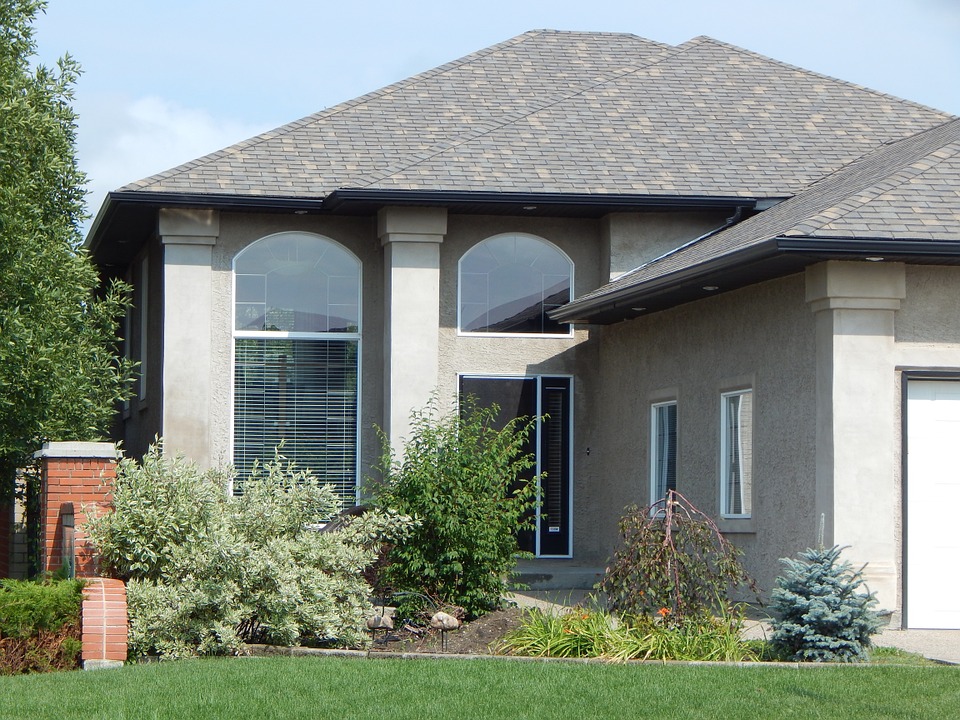Homeowner’s insurance is one of those things that you simply cannot afford to be without. Most people associate this type of insurance with coverage that will pay to replace your belongings in the event of theft, a fire or some other such disaster.
While this is certainly one facet of homeowner’s insurance, there are a variety of other eventualities that it might cover and a number of other reasons why you need it. Read on for a closer look at why it is so important, what it covers and who can help you take out the right policy for your circumstances.
Levels of coverage
Insurance is big business in the US, and there is no shortage of companies and agents who want you as a client. There is also a dizzying array of policy types, all of which have different levels of coverage and vastly variable price tags. For these reasons, it can be a difficult world for the average homeowner to navigate, so it is essential to speak to a trusted provider to understand your essential home warranty needs. From there, you can discuss the add-ons that make sense for your personal situation.
Without going into the finer details, coverage essentially comes at three levels:
- Actual cash value – This covers the house and the value of its contents after depreciation. In other words, it pays out what the items are worth but not what you paid for them or what it would cost to replace them.
- Replacement value – This is similar to the actual cash value but without factoring in depreciation, so it will provide funds to repair or replace your home and belongings up to their original value.
- Guaranteed replacement value – This protects you from the potential impact of inflation by paying out whatever it costs to repair or replace what is lost or damaged. This can be hugely important if you have been in your home for a length of time and prices have gone up over the years.
What are these policies actually covering? Again, this varies from one policy to another, but typically, you will need the following as a minimum:
Your home
Coverage for your home itself is an absolute prerequisite. If the building is not covered against fire, flood, earthquakes or other disasters, then you will be unable to obtain a mortgage or other financial products on the basis of your home equity.
This part of the coverage provides compensation to pay for repairs or even a full rebuild if the worst should happen. Check carefully to see what is or is not covered. For example, some policies exclude flood or earthquake damage, and others will not cover you if the disaster is due to your negligence or failure to maintain your home in a safe condition.
If you have a garage or other outbuildings, then you should check whether these are covered or if they require a separate policy.
Personal liability
This is also essential, and it often, but not always, comes alongside the building coverage mentioned above. It provides protection from lawsuits filed by third parties against loss or damage that they suffer as a result of your actions or inactions.
This could include a number of scenarios; for example, somebody tripping on an exposed tree root on your property, a loose roof tile landing on a neighbor’s car or your dog getting into your neighbor’s yard and attacking their cat.
Policies generally start in the $100,000 range, and while most experts recommend around $300,000 worth of coverage, you will often find that paying just a few more dollars per month on the premium will buy you another $1 million or more of protection.
Your belongings
This is the area that most people think of when it comes to home insurance. Your appliances, furniture, clothes and other belongings will all be covered by a home contents policy.
Check for limits and exclusions – for example, some policies need you to itemize any articles above a certain value, and most standard policies cover contents at 50% to 70% of the value of the home itself. So, if your house is insured at a value of $200,000, then you have perhaps $100,000 to $140,000 of contents coverage.
If you have lots of high-value items, such as jewelry, then you might need to insure these separately.
More to insurance than you thought
A comprehensive insurance policy not only provides protection, but it also means that you have the peace of mind that you and your family will be OK even if disaster strikes. Speak to an expert provider today to make sure that you have the right policy in place for your circumstances and needs.


